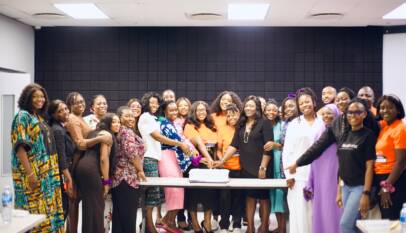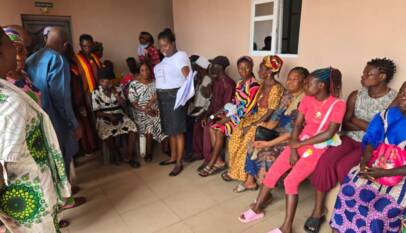New research proposes turning Nigeria’s sites of tragedy into centers of memory, healing, sustainable tourism

A new research paper titled “Tears to Wealth: Ethical Development of Tragedy Sites into Sustainable Tourism Assets in Nigeria” has been released by Nigerian researcher and development advocate, Adeyemi Oluwabunmi, proposing an innovative approach to national tourism and heritage preservation.
The study challenges conventional tourism development models in Nigeria that focus primarily on cultural festivals and recreational centers, calling instead for the strategic preservation of tragedy sites, such as Chibok, where the 2014 abduction of schoolgirls occurred, and Owo, site of the 2022 church massacre.
According to the paper, these locations, when ethically developed, can serve as memorial, educational, and economic spaces, promoting remembrance and community resilience.
“Our tragedies must not fade into silence,” said Adeyemi. “They can become places of learning and compassion, spaces where history speaks, victims are honored, and communities benefit economically. Turning tears into wealth is about converting pain into purpose, not profit.”
The research draws parallels from global precedents such as Auschwitz-Birkenau in Poland, Robben Island in South Africa, and Hiroshima Peace Memorial in Japan, where governments have turned sites of sorrow into globally respected centers for education, peace advocacy, and tourism.
These sites attract millions of visitors annually, generating employment and community funding while preserving collective memory.
Adeyemi’s framework emphasizes ethical management, community consent, trauma-informed design, and security assurance as key principles for success.
The proposed roadmap outlines steps for consultation with survivors, small-scale pilot projects, and partnerships with both government and international organizations such as UNESCO and ICOMOS.
The study also presents a socio-economic case for “dark tourism” as a legitimate, sustainable pathway for development in Nigeria. With the right infrastructure, the paper estimates that tragedy sites could attract thousands of visitors yearly, generating millions in revenue and job opportunities while supporting victim families and heritage education.
“This initiative calls for collaboration between policymakers, tourism boards, community leaders, and survivors,” Adeyemi added. “It’s not tourism for spectacle, it’s tourism for healing, learning, and sustainable development.”
The full paper, “Tears to Wealth: Ethical Development of Tragedy Sites into Sustainable Tourism Assets in Nigeria,” is available upon request and will be presented at upcoming academic and policy forums focused on tourism, heritage preservation, and community development.
Adeyemi Oluwabunmi is a businessman, NGO professional, and project manager with extensive experience in tourism development, community engagement, and social impact projects.
Celebrations powers women entrepreneurs, boosts local economies with project advances
Chinedum Ukaegbu Celebrations, a brand rooted in helping people express their hearts throu…






